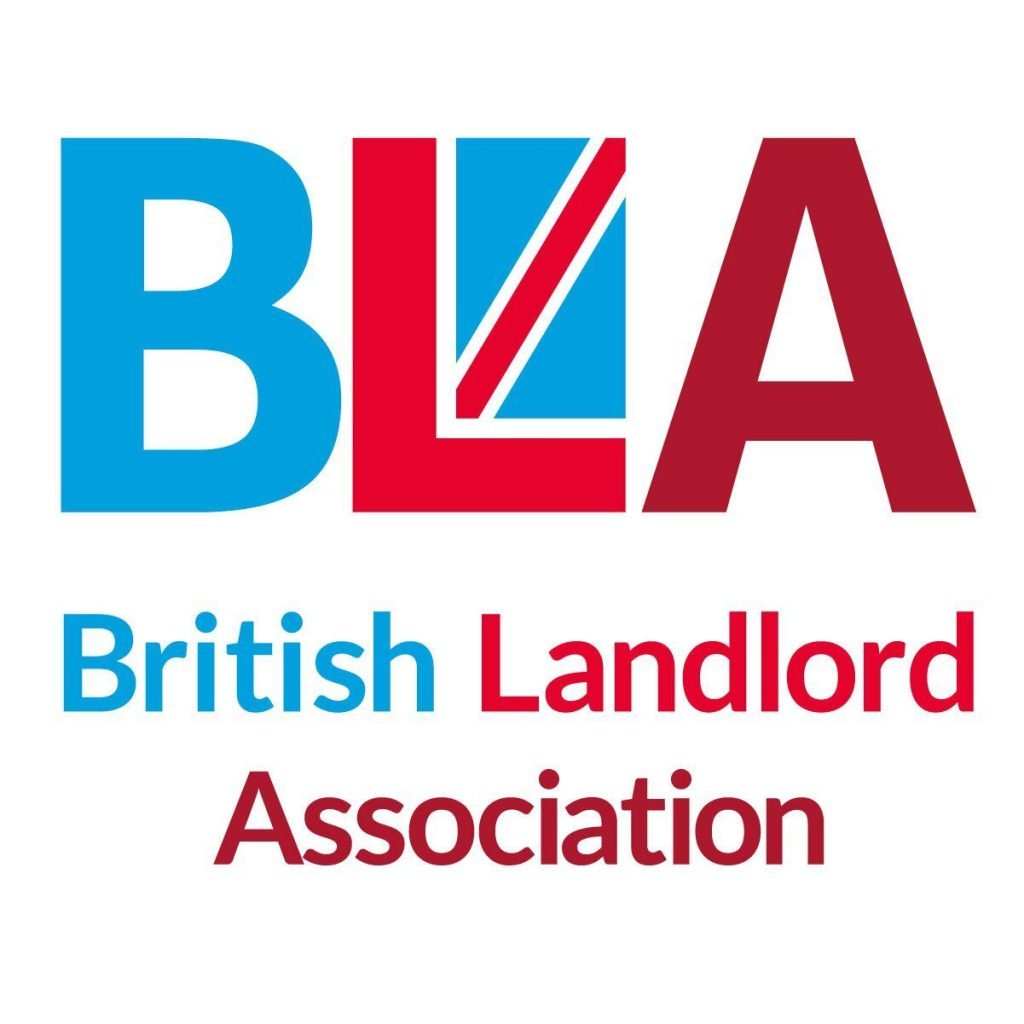
Rogue landlords who suffer tenants to live in poor rented accommodation can now exercise new powers to sue their landlord.
Under the Homes (Fitness for Human Habitation) Act, tenants can sue their landlords and no longer need to live in poor conditions.
Rogue landlords suffer financial loss if they fail to maintain the property to an acceptable standard.
Renters previously found it hard to sue rogue landlords for cold and mouldy homes under the existing Landlord and Tenant Act of 1985.
Mr Sasha Charles of Landlord Advice UK said: “Most landlords abide by the law and maintain their investments very well, after all, it is their investment. It is in their interest to keep them in a good state of repair. It keeps the tenants happy, and the landlord can expect a low rate of voids. This law will only affect rogue landlords who lack the respect for the health and safety of their tenant”.
New Homes (Fitness for Human Habitation) Act
Now the Landlord and Tenant Act of 1985 has been updated with the new Homes (Fitness for Human Habitation) Act.
The Homes (Fitness for Human Habitation) Act does not apply to long tenancies seven years or more. Which means this new law will not apply to council “assured” tenancies.
Tenants can go to the courts if their home is deemed unfit for living.
So how are the Homes (Fitness for Human Habitation) Act different and more accessible for tenants to use?
Under this new law tenant will find it easier to sue their landlord they will need to provide evidence it is ‘unfit for living’. The new law has made it much easier for tenants to satisfy a court their home is “unfit for living.
Interestingly The Homes (Fitness for Human Habitation) Act now covers the following in the list of things which could deem a home unfit to live:
29 problems that could deem a home unfit for habitation
There are 29 problems in total which could see a property classed as unfit for human habitation:
- damp and mould growth
- excess cold
- excess heat
- asbestos and manufactured metal fibres
- biocides (chemicals that treat mould)
- carbon monoxide
- lead
- radiation (from radon gas, which is airborne or in water)
- uncombusted fuel gas (leaks in gas appliances)
- volatile organic compounds (chemicals which are gases at room temperature)
- crowding and space
- entry by intruders (such as not having a lock on your front door)
- lighting
- domestic hygiene, pests and refuse (including inadequate provision for disposal of wastewater and household waste)
- noise
- food safety
- personal hygiene, sanitation and drainage
- water supply
- falls associated with bath or shower
- falls related to stairs and steps
- falls on the level
- falls between levels
- electrical hazards
- fire and fire safety
- hot surfaces and materials
- collision and entrapment
- explosions
- physical strain associated with operating amenities
- structural collapse and falling elements
[bctt tweet=”29 problems that could deem a property unfit for human habitation” username=”Landlord_UK”]
Too hot or too cold damp or with noise issue’s qualify
The tenants will be able to sue landlords where homes that are too cold or too hot: houses that have damp, asbestos with noise or lighting issues.
Homes that are too hot or too cold damp or noise issue’s qualify
Thousands of tenants across England have put up with poorly-maintained properties which do affect the health and safety of tenants.
Housing organisation Shelter has said “Crucially, the Bill will help private and social renter’s voices to be heard, by giving them the right to take their landlord to court over unfit and unsafe conditions like these in their home,” they wrote in a blog post.”
“There are currently almost one million rented homes with hazards that pose a serious risk to health and safety. This affects around 2.5 million people, who’ll all benefit from this landmark change in the law.
“The Bill could help to prevent another tragedy like the Grenfell tower fire. This was the starkest reminder of the dangers of unsafe accommodation.”
How tenants can sue under (Fitness for Human Habitation) Act?
Previously tenants could complain to the local council; tenants can now consider court action, and get the repairs carried out that are needed. Tenants need to note; they do have to report any alleged disrepairs to the landlord or landlords’ agents before considering court action. A tenant cannot expect a court to award compensation, where there is no record of any request for repairs.
Landlords who get repairs done, when asked to and look after their tenants should not worry, but failure to keep a property fit for human habitation will cause problems for rogue landlords.
Should a tenant succeed in court action against a landlord, the court may order a landlord to act regarding a hazard or to compensate a tenant with damages.
The Homes (Fitness for Human Habitation) Act cannot force a landlord, to rebuild a house, that has been destroyed or damaged by fire, flood or any other natural disaster.
A landlord is not responsible for?
The Act provides under certain situations, where the landlord is not obliged to rectify or repair, for property:
- When the alleged disrepair or issue is a result of the tenant’s bad behaviour;
- In cases of accidental damage or destruction caused by fire, storm or flood etc.
- When third party consent is required but not granted; and
- If carrying out the necessary works would breach any other act of Parliament.
The Government on introducing this new law said: “Most landlords make sure that the houses and flats they rent out are safe and secure, warm and dry. But some landlords do not, and this means that some tenants live in dangerous or unhealthy conditions. This new law, the Homes (Fitness for Human Habitation) Act, will help these tenants and make sure irresponsible landlords improve their properties or leave the business”.
Helen Cartwright from the British Landlords Association said: “The majority of landlords take pride in their investments, and look after their investments. It is rogue landlords, who need to worry about the Homes (Fitness for Human Habitation) Act”.
Source: British Landlords Association
Author: Sarah Featherstone
Date: 16th of April 2020




